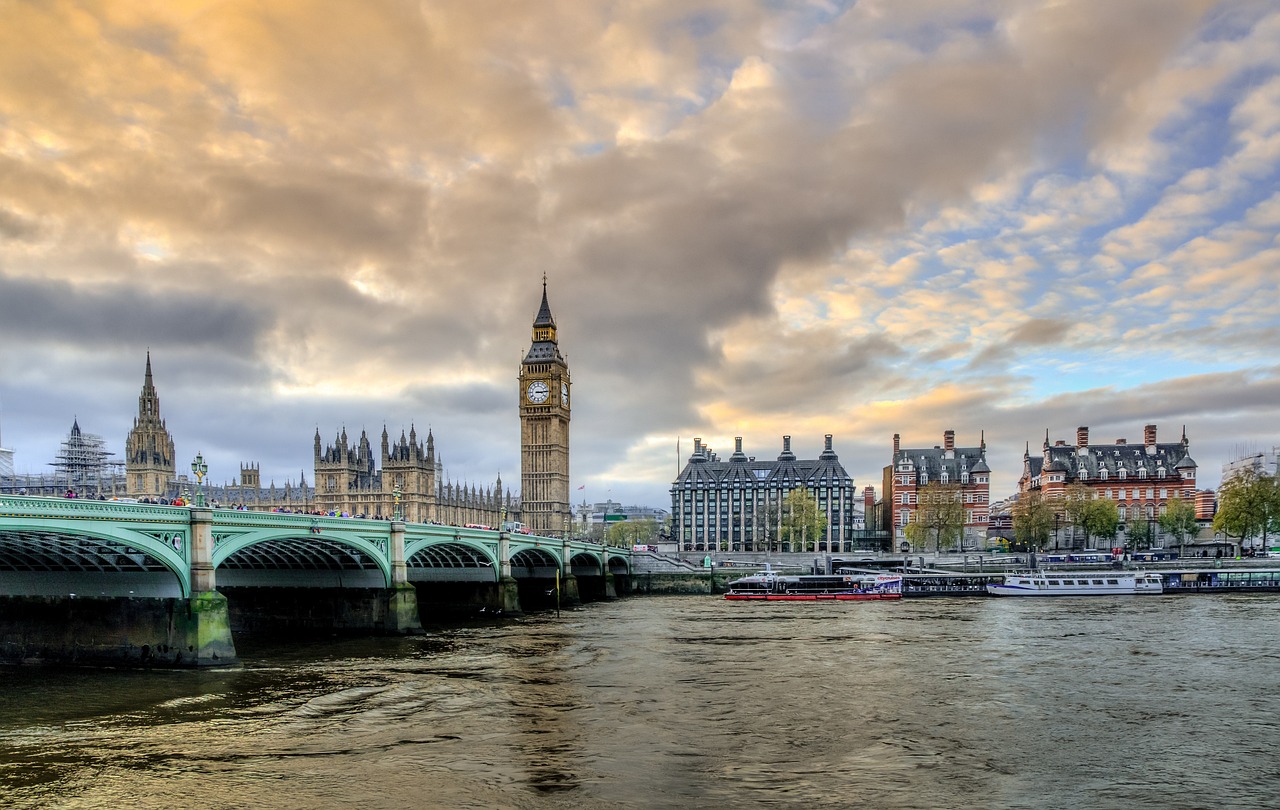Airbnb, founded in 2008, has revolutionized the travel industry by providing a platform for hosts to rent out their homes or rooms to travelers, offering an alternative to traditional hotel accommodations. As Airbnb has grown in popularity, travelers have increasingly begun to consider whether choosing an Airbnb property over a hotel is a more cost-effective option. In this analysis, we will explore various factors that determine the cost of Airbnb and hotel stays, compare the benefits and drawbacks of each, and ultimately, determine whether Airbnb is a cheaper option for travelers.
Factors Affecting Airbnb and Hotel Prices
Several factors can influence the price of both Airbnb accommodations and hotel rooms, including location, property type, amenities, booking policies, and seasonal demand. Understanding these factors can help travelers make informed decisions about which option is more cost-effective for their needs.
Location: Both Airbnb and hotel prices can vary significantly depending on the location of the property. In general, accommodations in city centers or popular tourist areas tend to be more expensive than those in less central or less frequented locations.
Property Type: The type of property can also impact the price. Airbnb offers a range of property types, from shared rooms to entire homes, while hotels typically offer single or double rooms, suites, or in some cases, serviced apartments. In general, larger or more luxurious properties will command higher prices.
Amenities: The amenities provided by a property can significantly affect the price. Properties with more extensive or higher-quality amenities, such as swimming pools, fitness centers, or complimentary breakfast, may charge higher rates. Additionally, some Airbnb properties may charge extra fees for services such as cleaning or parking, which can increase the overall cost of the stay.
Booking Policies: Hotels and Airbnb hosts may offer different booking policies, such as refundable vs. non-refundable rates or minimum stay requirements, which can impact the price. In some cases, non-refundable rates may be cheaper than refundable rates, but they come with the risk of losing the entire payment if plans change.
Seasonal Demand: Prices for both Airbnb accommodations and hotel rooms can fluctuate based on seasonal demand. In general, prices tend to be higher during peak travel seasons or major events and lower during off-peak periods.
Comparing Costs: Airbnb vs. Hotels
To determine whether Airbnb is a cheaper option than hotels, we will compare the costs associated with each type of accommodation across various scenarios. It is important to note that individual experiences may vary, and travelers should compare specific properties and prices when making their decisions.
Base Rates: In many cases, the base nightly rate for an Airbnb property may be lower than that of a comparable hotel room, particularly for stays in private rooms or shared spaces. However, when comparing entire homes or more luxurious properties, the price difference may be less significant.
Additional Fees: While the base rate for an Airbnb may be lower than a hotel, additional fees, such as cleaning fees, service fees, and parking fees, can increase the overall cost of the stay. Hotels typically include these costs in their nightly rates, but they may also charge additional fees for services such as Wi-Fi, parking, or resort fees.
Amenities and Services: Hotels often provide amenities and services, such as daily housekeeping, concierge services, and complimentary breakfast, that are not typically included in Airbnb stays. These services can add value to a hotel stay, potentially offsetting the higher nightly rate.
Length of Stay: For longer stays, Airbnb properties may offer a more cost-effective option, as many hosts provide discounts for weekly or monthly bookings. Additionally, Airbnb properties often include amenities such as kitchens or laundry facilities, which can help travelers save on dining and laundry expenses during their stay. Hotels, on the other hand, may not offer discounts for extended stays and typically do not provide in-room kitchen facilities, which can result in higher costs for meals and laundry services.
Group Travel: Airbnb can be a more cost-effective option for group travel, as larger properties or multiple rooms can be rented for a lower price per person compared to booking multiple hotel rooms. Additionally, Airbnb properties often feature common spaces such as living rooms and kitchens, which can provide a more comfortable and social environment for groups.
Negotiability: Unlike hotels, which typically have fixed prices, some Airbnb hosts may be open to negotiating the price of their property, particularly during off-peak seasons or for last-minute bookings. This flexibility can result in lower costs for travelers who are willing to negotiate with hosts.
Benefits and Drawbacks of Airbnb and Hotels
In addition to the cost comparison, travelers should consider the benefits and drawbacks of each accommodation option when deciding between Airbnb and hotels.
Airbnb Benefits:
A wider variety of property types and locations, offering unique and personalized experiences.
The opportunity to stay in residential neighborhoods, providing a more authentic local experience.
Access to amenities such as kitchens and laundry facilities, which can help save on expenses during longer stays.
Potential discounts for extended stays or negotiable prices with hosts.
Airbnb Drawbacks:
Inconsistent quality and service standards, as Airbnb properties are individually owned and managed.
Additional fees for cleaning, service, and other amenities, which may not be included in the base rate.
Limited access to on-site services and amenities, such as daily housekeeping, concierge services, or complimentary breakfast.
Hotel Benefits:
Consistent quality and service standards, as hotels are typically managed by professional staff and adhere to industry standards.
Access to on-site services and amenities, such as daily housekeeping, concierge services, and complimentary breakfast.
The convenience of booking through established hotel websites or third-party booking platforms, which may offer loyalty programs or additional discounts.
Hotel Drawbacks:
Limited variety of property types and locations, as hotels are typically concentrated in city centers or tourist areas.
Higher base rates compared to Airbnb, particularly for short stays or single travelers.
Potential additional fees for Wi-Fi, parking, or resort fees, which may not be included in the base rate.
Conclusion
The question of whether Airbnb is cheaper than hotels depends on a variety of factors, including location, property type, amenities, booking policies, and the length of stay. While there are instances where Airbnb can provide a more cost-effective option, particularly for longer stays, group travel, or stays in residential neighborhoods, there are also cases where hotels may offer better value due to their consistent quality, on-site services, and amenities.
Ultimately, the most cost-effective choice between Airbnb and hotels will depend on the individual traveler’s preferences, needs, and budget. To make the best decision, travelers should compare specific properties and prices, taking into account the various factors that can influence the overall cost and value of their accommodation.














